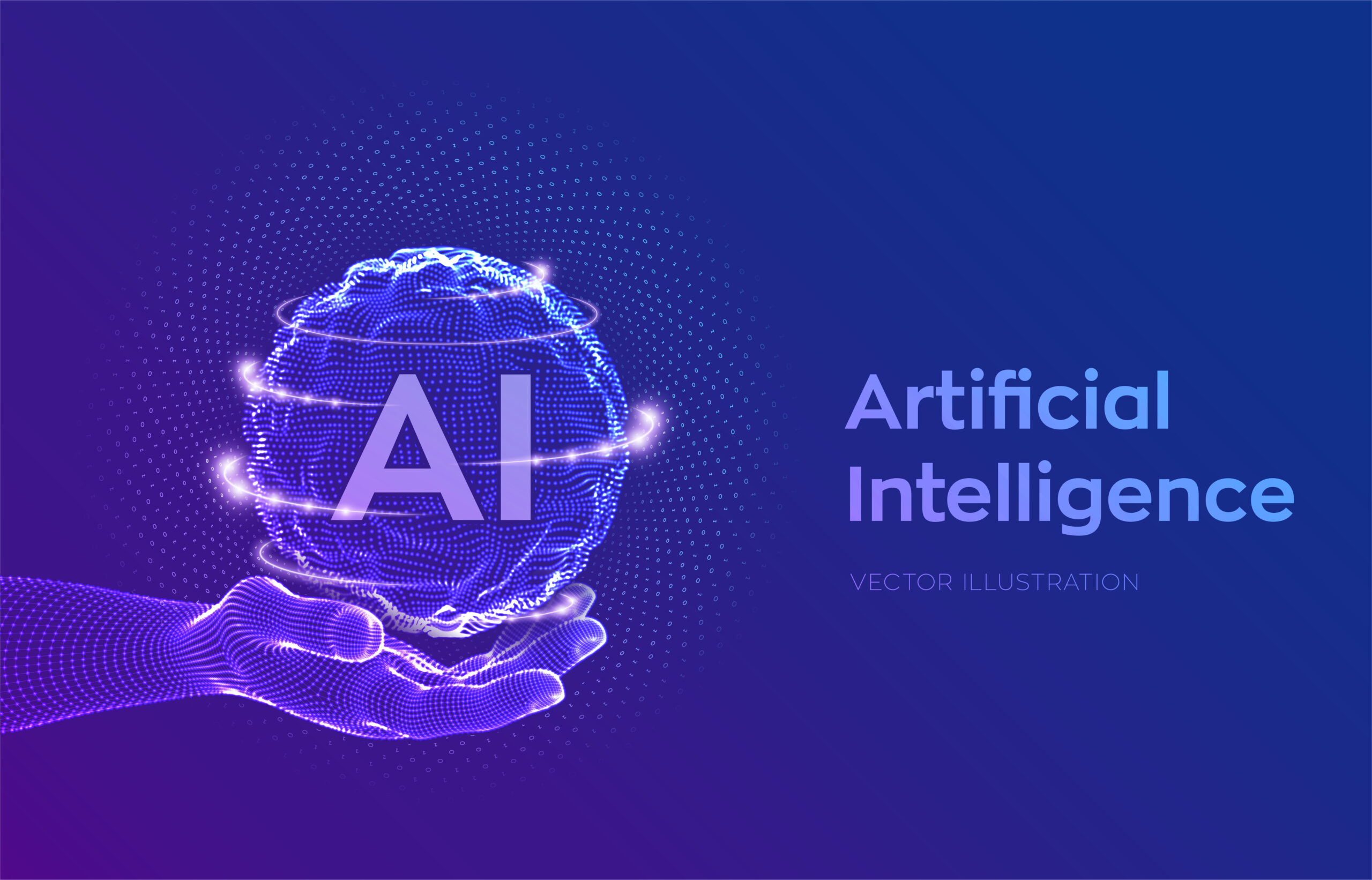
The Future of Artificial Intelligence (AI)
Published on May 3, 2024
Artificial Intelligence (AI) is a rapidly evolving field that is transforming industries, changing the way we interact with technology, and challenging our understanding of what machines can achieve. The future of AI holds immense potential, but it also raises significant questions about ethics, security, and societal impact. Let’s explore the various aspects of AI’s future, including its technological advancements, applications, ethical considerations, and potential challenges.
1. Technological Advancements in AI
AI is experiencing rapid advancements in several key areas:
- Machine Learning and Deep Learning: These techniques allow AI systems to learn from data and improve over time. Deep learning, in particular, uses neural networks to process vast amounts of information, leading to breakthroughs in image and speech recognition, natural language processing, and more.
- Generative AI: Generative AI models, like GPT-3.5 and GPT-4, are capable of creating content, such as text, images, music, and even code. This opens up new possibilities for creativity and automation.
- AI Hardware: Advancements in specialized AI hardware, like Tensor Processing Units (TPUs) and AI accelerators, are enabling faster and more efficient AI processing, allowing for real-time applications in robotics, autonomous vehicles, and more.
2. Applications of AI
AI’s applications are diverse and continue to expand:
- Healthcare: AI is being used for early diagnosis, personalized treatment plans, robotic surgery, and drug discovery. It has the potential to revolutionize healthcare by improving accuracy and efficiency.
- Autonomous Vehicles: Self-driving cars and drones rely on AI for perception, decision-making, and navigation. The future of transportation could be heavily influenced by autonomous technology.
- Finance and Banking: AI is applied in fraud detection, algorithmic trading, customer service, and risk assessment. It enables more efficient and accurate financial operations.
- Customer Service and Virtual Assistants: AI-powered chatbots and virtual assistants like Siri, Alexa, and Google Assistant are becoming increasingly sophisticated, providing personalized interactions and automating tasks.
- Manufacturing and Robotics: AI-driven automation is transforming manufacturing processes, with robots handling repetitive tasks and improving production efficiency.
3. Ethical Considerations
As AI becomes more integrated into society, ethical concerns arise:
- Bias and Fairness: AI systems can inherit biases from the data they are trained on, leading to discriminatory outcomes. Ensuring fairness and mitigating bias in AI applications is a critical challenge.
- Privacy and Surveillance: AI’s ability to process and analyze large amounts of data raises concerns about privacy and surveillance. Balancing AI’s capabilities with individual privacy rights is essential.
- Accountability and Transparency: AI systems often operate as “black boxes,” making it difficult to understand their decision-making processes. Establishing transparency and accountability in AI is crucial for building trust.
- Job Displacement: AI automation has the potential to displace certain jobs, leading to workforce disruptions. Preparing for and addressing the social impact of AI-driven job displacement is a key concern.
4. Challenges and Risks
While AI offers significant benefits, it also presents challenges and risks:
- AI Safety and Security: Ensuring AI systems operate safely and securely is vital, especially in critical applications like healthcare and autonomous vehicles. Security vulnerabilities in AI could lead to malicious exploitation.
- AI in Warfare: The use of AI in military applications, such as autonomous weapons, raises ethical and security concerns. Clear guidelines and regulations are needed to prevent misuse.
- Ethical AI Development: Developing AI that aligns with human values and ethical principles is crucial for avoiding harmful consequences.
5. The Future of AI
The future of AI is full of possibilities, but it requires careful consideration of the ethical, social, and legal implications. Key trends to watch include:
- Human-AI Collaboration: AI is likely to become a tool that augments human capabilities, leading to more collaborative work environments where humans and AI work together.
- AI Regulation and Governance: Governments and international organizations will need to develop regulations and governance frameworks to ensure AI is used ethically and responsibly.
- AI for Social Good: AI has the potential to address global challenges, such as climate change, healthcare, and education. Leveraging AI for social good could lead to positive societal outcomes.
The future of AI will depend on how well we balance technological innovation with ethical considerations and societal impact. With thoughtful planning and collaboration, AI has the potential to drive transformative change and create a better future for all.
Posted in: